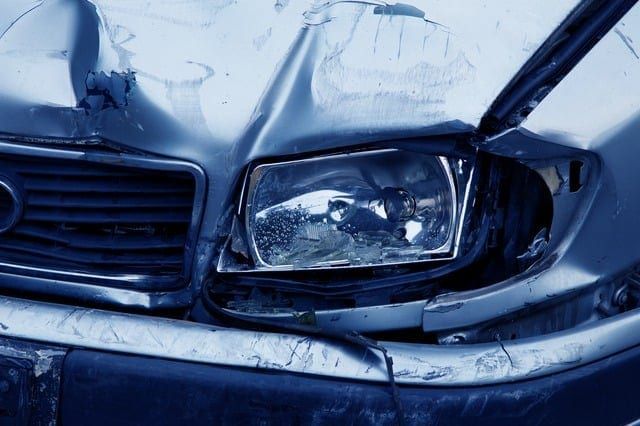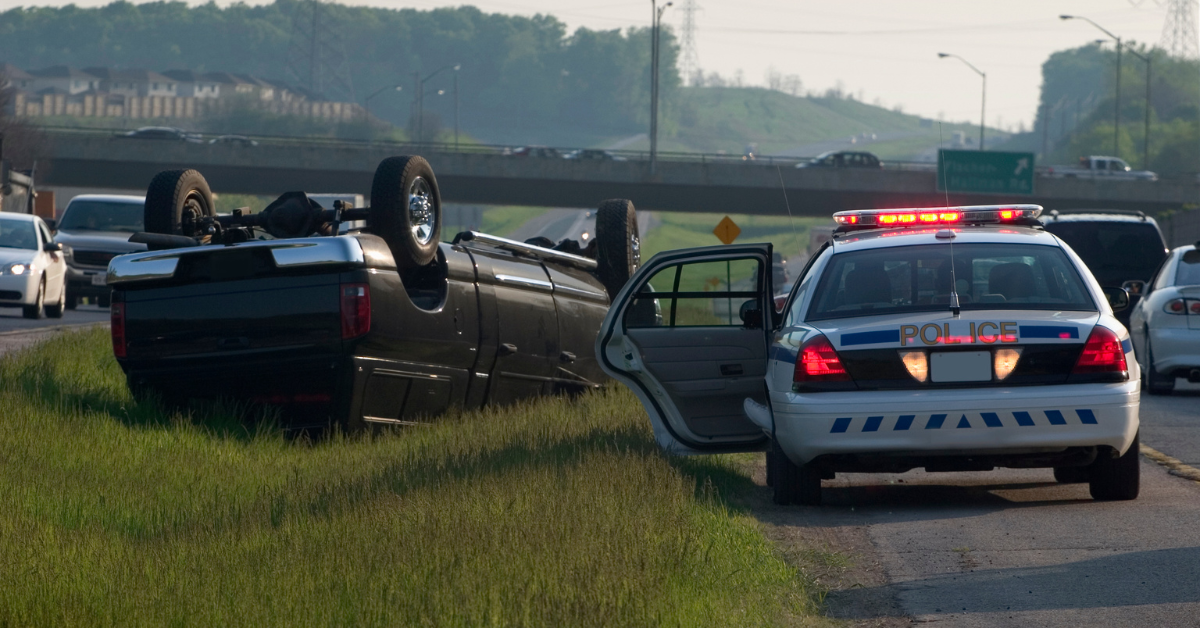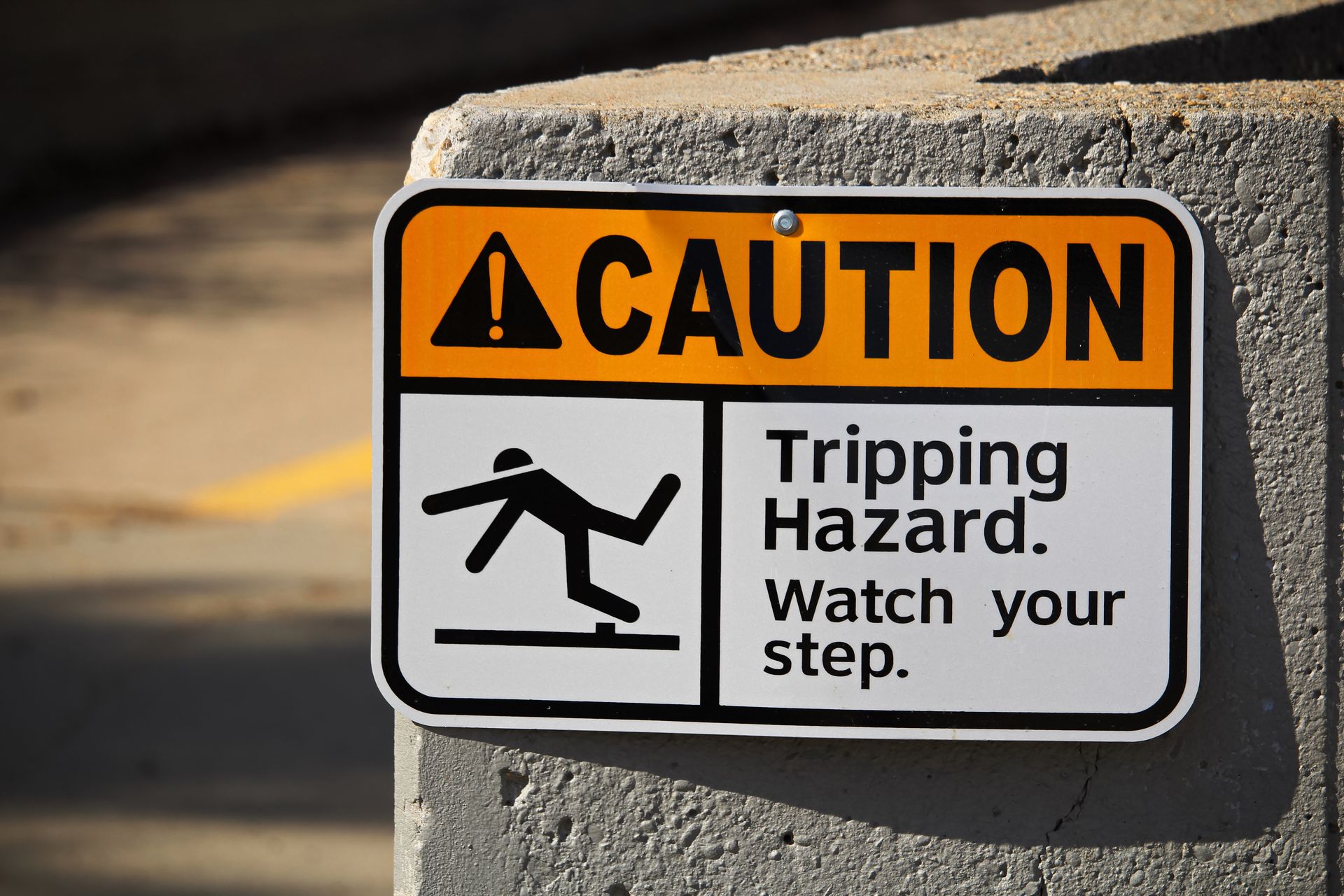Serving Port Charlotte, Punta Gorda, Englewood and North Port
Se Habla Español
CALL NOW: 941-625-6666
LETTING OTHERS DRIVE YOUR CAR COULD COST YOU DEARLY

The seemingly simple choice of whose name(s) to place as the owner of an automobile on its Certificate of Title has substantial legal ramifications that non-attorneys rarely consider, or even realize exist in the first place. These ramifications will not be explained to you at the tag and registration office by a County employee, or by your automobile insurance agent when you purchase your automobile insurance. As you likely know, when purchasing a new or used vehicle, you are asked at the time of purchase whose name(s) you would like to appear on the Certificate of Title. It is therefore important to know the legal effects of how you elect to title your vehicle before you actually make the vehicle purchase. I’ll begin with 4 important general rules and tips to follow, and then explain why these choices are so important.
4 Important General Rules, Examples, and Tips:
- The fewer names on a car title, the better. Under the Dangerous Instrumentality Doctrine, which will be explained below, only persons whose names are listed on the car’s Certificate of Title are liable for injuries caused by the negligent use of the vehicle. If there’s only one owner of a car, then only that person (in addition to the actual driver of the vehicle who caused the accident which brought about injuries) can be held accountable for its negligent use.
- A common error made by couples (married, civil union, engaged, or otherwise) is putting both spouses’s names on the titles of each and every vehicle they own. Very simply, the name of the person who predominantly drives a particular vehicle within a household should be the only name listed on the Certificate of Title for that vehicle.
- When buying a car for a child under 18 years of age, only title it in the name of one parent, not both. In choosing which parent’s name to place as Owner on the Certificate of Title, choose the parent whose income and assets are less than the other. And finally, once the child turns 18 years of age, title to the vehicle should immediately be transferred into the name of the child alone.
- Another issue regarding children and parental responsibility for their negligent driving actions: Pursuant to Section 322.09(2) of the Florida Statutes (1997), the parent who signs the driver’s license application for a minor child can be held liable for the child’s negligent operation of a motor vehicle regardless of whether that parent’s name is on the vehicle title of the car being driven by the minor who causes an accident with injuries. As such, the parent who takes their minor child to the driver’s license office should be the parent whose income and assets are less than the other parent. This legal responsibility ends, however, when the child reaches 18.
Prior to reading this article, most people incorrectly believe that simply letting someone run a quick errand with their car, or just putting their name on the title of a newly purchased car for someone else’s benefit (usually for vehicle finance purposes), somehow releases them from liability in the event of an accident. The thought process goes something like “How can I be held responsible if I loan my car to my friend, and she causes an accident with injuries on her way to the Town Center Mall?” or “I only put my name on the title to help my (insert friend/son/daughter here) get financing, but once the car was purchased they knew it was their responsibility from that point forward.” These mistaken beliefs have undoubtedly cost countless Florida citizens thousands of dollars and, in some instances, their actual legal right to drive.
Florida’s “Dangerous Instrumentality Doctrine” is what makes the seemingly simple choice of how to title your vehicle(s) so incredibly important to you and your family’s financial security. Stated simply, Florida’s Dangerous Instrumentality Doctrine means that the owner of an item which has been deemed “inherently dangerous” by statute or Florida’s courts is liable for any injuries caused by that object’s negligent use, even if it used by someone other than its actual legal owner (provided the owner gave the user consent to use the object). In 1920, Florida’s Supreme Court held for the first time that an automobile would from that point forward be considered a dangerous instrumentality. Other items which have also been held by Florida’s Supreme Court to be dangerous instrumentalities are forklifts, cranes used at construction sites, guns, airplanes, motorcycles, and boats.
I trust you are now beginning to realize, for the very first time, the extreme importance of limiting the number of person’s names that appear as “Owner” on your car’s Certificate of Title. If you allow another person to drive your car in the State of Florida, each and every owner listed on your car’s Certificate of Title is legally responsible for any injuries suffered by another motorist, bicyclist, pedestrian, or motorcyclist which were caused by the negligent operation of your car by the person you allowed to drive your car. As I tell my own clients, when you lend your car to someone and they cause an accident, it’s as if you (and everyone else whose name is on the vehicle’s title) were driving and caused the accident yourself.
There are incredibly limited exceptions to the Dangerous Instrumentality Doctrine, which are:
- The “Shop Rule”: Under the “Shop Rule,” the owner of a vehicle dropped at a service station for repairs is not responsible for the negligent driving of a repair shop employee. This exception also extends to valet parking.
- Car rental and car leasing companies: When you lease a vehicle from a rental or leasing agency, the vehicle’s title stays in the name of the rental or leasing company. Nonetheless, the rental or leasing company is not liable for your negligent use of that automobile under the Dangerous Instrumentality Doctrine.
- Sale of your vehicle: If you sell your car and the buyer causes an accident which brings about injuries before having a reasonable chance to formally change the title, you can possibly escape responsibility under the Dangerous Instrumentality Doctrine.
At this point, you may be breathing a bit more deeply than usual with a bead of sweat running down your brow, and vowing immediately to go look at the titles of all the vehicles in your household. That’s the most common reaction of people who hear this information for the very first time. But don’t worry – in addition to providing useful information, we at Goldman, Tiseo & Sturges, P.A. also enjoy providing solutions!
Putting these general rules and tips into action, let’s presume we have a traditional married couple in their 40s with a 17 year old daughter and 16 year old son. Dad is a physician, while Mom elected to stay home with her children as they grew up, but recently took a part-time job in an accountant’s office. Dad, Mom, and both children have their own vehicles, i.e. while everyone occasionally uses the other vehicles in the household, each person predominantly uses one vehicle they call “their own”. The vehicles should be titled as follows:
Dad’s car: Dad’s name only
Mom’s car: Mom’s name only
17 year old daughter’s car: Mom’s name only (transferred to daughter at 18)
16 year old son’s car: Mom’s name only (transferred to son at 18)
Despite learning this important information, many people still do not make the appropriate changes to the ownership listed on their household automobiles’ Certificates of Title. Generally, this inaction is usually based on the inconvenience of waiting in line at the tag/registration office to make the necessary changes, or a bit of doubt as to whether, in the “real world”, people whose names show up on car titles actually get sued and are found liable for accidents even though they had nothing to do with the actual accident. Rest assured this happens each and everyday, and has since Florida’s Supreme Court found automobiles to be dangerous instrumentalities in 1920. This is the rule, not the exception!
For a striking example as to the lengths Florida’s Supreme Court will uphold the Dangerous Instrumentality Doctrine, simply go online and read the case of Christensen v. Bowen, a 2014 case recently decided by the Florida Supreme Court. The case facts are straight-forward. Robert Christensen bought a car and placed both his and his wife’s name, Mary Taylor-Christensen, as Owner on the vehicle’s Certificate of Title. Mr. Christensen did this even though he and his wife were actively seeking a divorce from one another, and were not living together. He testified that when the vehicle was purchased, he intended it as a gift for his wife and, in effect, it was her vehicle even though his name was listed on the Certificate of Title in addition to hers. Further evidence demonstrated that Mr. Christensen immediately mailed the Certificate of Title to his wife’s address in order for her to change the title over to her own name. Mr. Christensen did not have a key to the vehicle, did not use the vehicle, or even have access to where the vehicle was kept. Approximately 22 months after the vehicle was purchased, Ms. Taylor-Christensen still had not yet gotten around to transferring the vehicle’s title into her own name. Tragically, she negligently drove the vehicle 22 months after it was purchased, with her husband’s name still firmly affixed as Co-Owner on the Certificate of Title, and killed Thomas Brown in a frightening automobile accident. The Personal Representative of Thomas Brown’s estate thereafter sued both Ms. Taylor-Christensen and Mr. Christensen for Thomas Brown’s death.
The case proceeded all the way to the Florida Supreme Court. Despite the overwhelming evidence that Mr. Christensen and his wife were actively engaged in a divorce proceeding when the vehicle was purchased, they were not living together, the vehicle was intended as a gift for Ms. Taylor-Christensen, Mr. Christensen immediately mailed the Certificate of Title to his wife’s address in order for her to change the title over to her own name, and Mr. Christensen neither had a key to the vehicle, ever used the vehicle, nor even had access to where the vehicle was kept, the Florida Supreme Court ruled this evidence insufficient as a matter of law to rebut the effect of the Dangerous Instrumentality Doctrine. Consequently, Mr. Christensen was held liable, in addition to his now ex-wife, for the wrongful death of Thomas Brown.
Please review your vehicle titles, drive safely, be careful who you allow to drive your household’s automobiles, and make sure to carry an appropriate level of automobile insurance coverage in case tragedy strikes in the form of a serious automobile accident. When you allow another person to drive your automobile, their seemingly simple drive to the Promenades Mall, Fishermen’s Village, or Englewood Beach can have dire financial consequences to you if an automobile accident occurs.
If you have additional questions regarding the topic of this blog post, I would be happy to speak with you.




Free Personal Injury Consultation
Please call 941-625-6666 or send us a message by filling out the form below.
Contact Us
701 JC Center Ct, Unit 3
Port Charlotte, Florida 33954
(941) 625-6666
info@gtslawfirm.com
Office Hours
Monday to Friday
8:30 am to 5:00 pm
Saturdays and Sundays
By special appointment only
Practice Areas

The Law Office of Goldman, Tiseo and Sturges is located in Port Charlotte, FL. Our attorneys serve clients in Port Charlotte, Punta Gorda, Englewood, North Port, Venice, Sarasota, Cape Coral, and Fort Myers. View Service Areas
This is an accessible workplace. Persons with
disabilities are welcome to apply.
Serving Port Charlotte, Punta Gorda, Englewood and North Port
Copyright Goldman, Tiseo, Sturges Attorneys at Law | Sitemap

